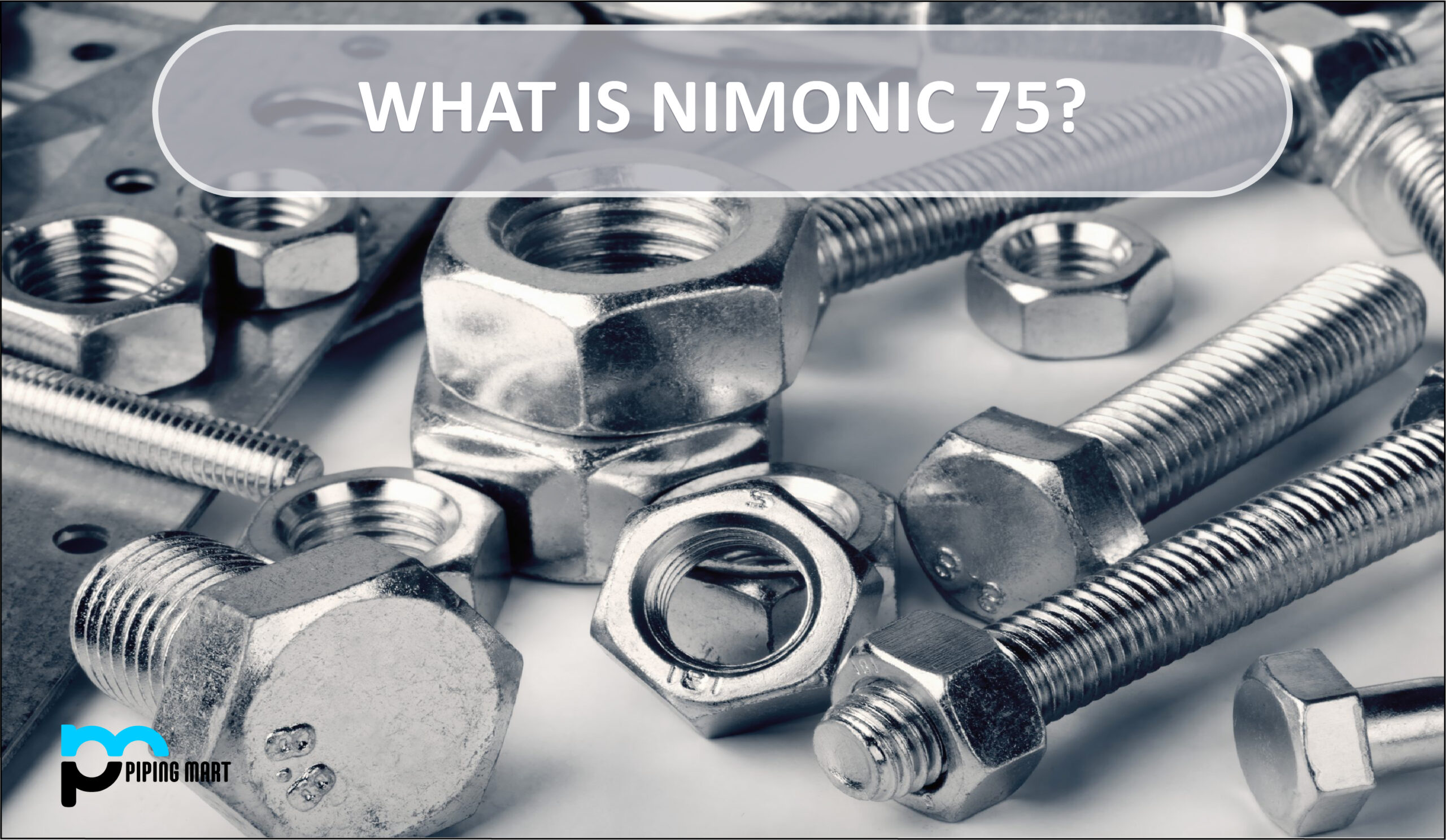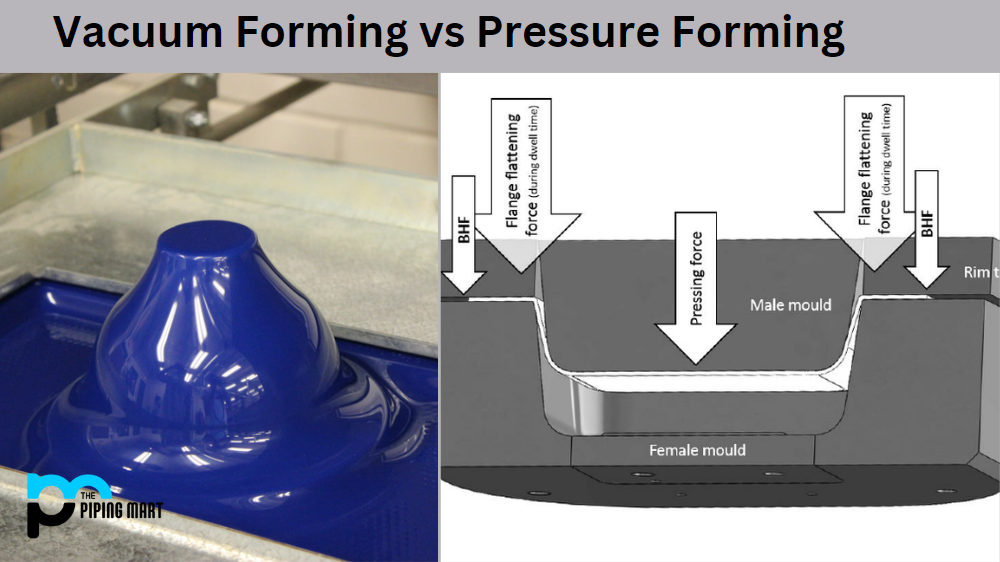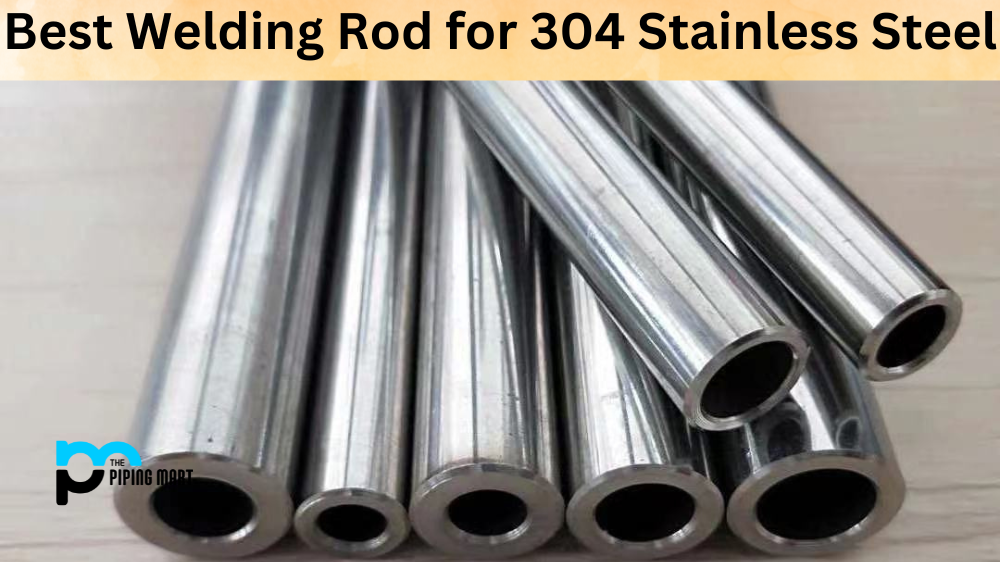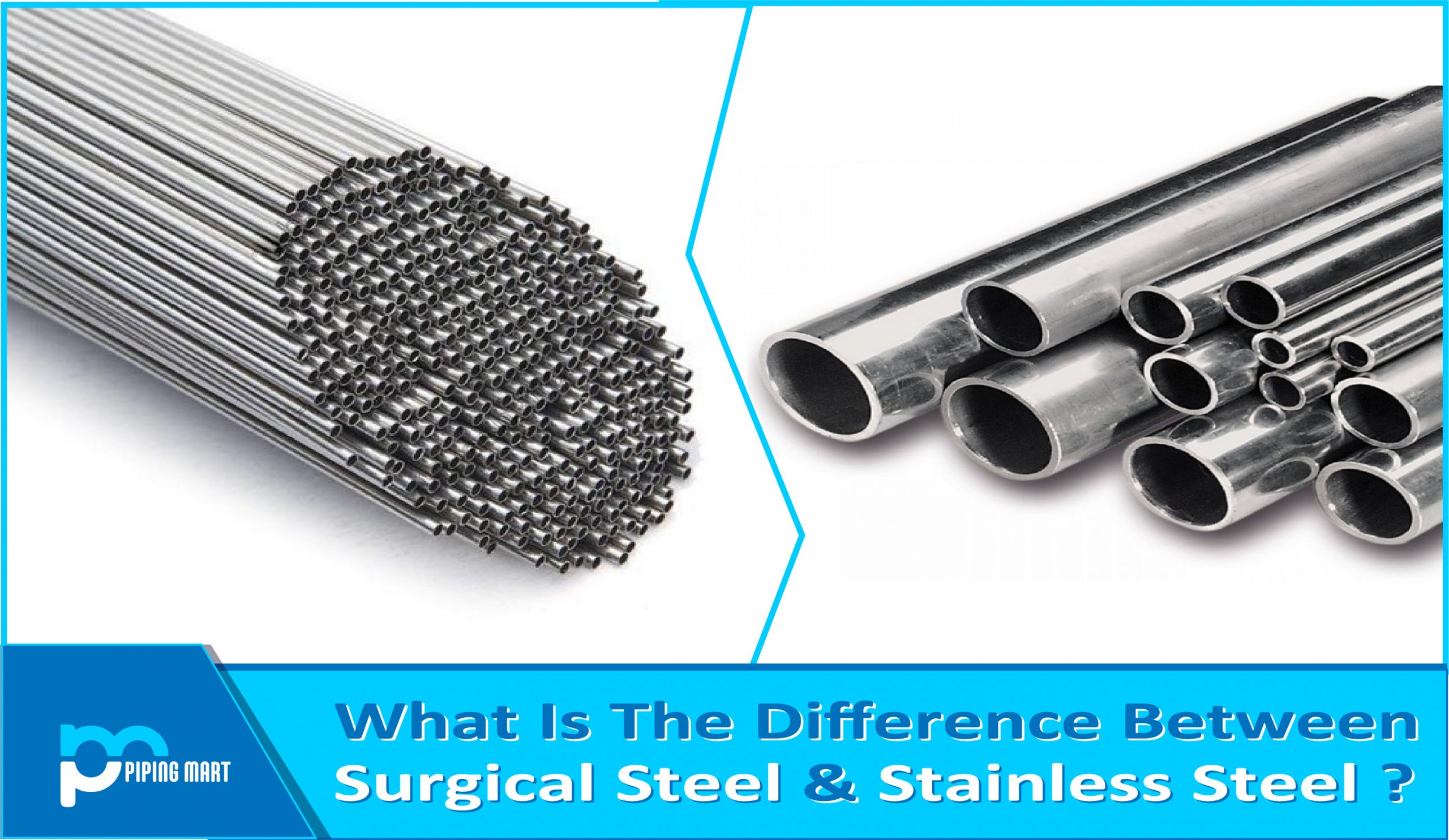A nickel-chromium alloy with a regulated admixture of titanium and carbon is known as Alloy 75 (UNS N06075, sometimes known as Nimonic 75). Nimonic 75 has outstanding mechanical characteristics and is resistant to oxidation at high temperatures. The most typical application of alloy 75 is in the manufacturing of sheet metal parts requiring resistance to oxidation and scale as well as medium strength at high working temperatures. In addition to being employed in nuclear engineering, Alloy 75 (Nimonic 75) is also used in gas turbine engines, industrial furnace parts, heat-treating tools, and fittings.
Chemical properties
- Nickel (Ni): Remainder
- Chromium (Cr): 18–21%
- Iron (Fe): 5.00% maximum
- Silicon (Si): 1.00% maximum
- Manganese (Mn): 1.00% maximum
- Titanium (Ti): 0.2–0.6%
- Copper (Cu): 0.5%
- Carbon (C): 0.08–0.15%
Application
The following applications include the NIMONIC alloy 75:
- Aerospace fasteners
- Gas turbine engineering
- Industrial furnace structural parts
- Heat treatment equipments
- Nuclear engineering
Fabrication
- Welding – It is possible to weld NIMONIC alloy 75 using standard methods and a compatible filler metal. It is necessary for the metal to be annealed before welding. The alloy is suitable for manual metal arc welding, tungsten inert gas welding, and metal inert gas welding.
- Forging – Hot forging of NIMONIC alloy 75 is possible at temperatures of 982-1204°C (1800-2200°F).
- Annealing – At 1051 °C (1925 °F), NIMONIC alloy 75 should be annealed before being air cooled.
- Machinability – This alloy can be machined using standard methods that are typically used on iron alloys. When this alloy is machined, it becomes harder.
- Hot working – Hot working of NIMONIC alloy 75 is possible at temperatures between 1220 and 950 °C (2230 and 1740 °F).
- Cold working – On the alloy, cold working is possible. The annealed NIMONIC alloy 75 has good malleability and ductility, making it suitable for a variety of cold deformation techniques. The alloy experiences quick strain hardening. Large reductions can be done without rupturing because to this improved strength.
Thus, At all temperatures below the solidus, NIMONIC alloy 75 possesses a stable, austenitic solid solution that is unaffected by heat treatment, with the exception of recrystallization and grain development. Also, it has good corrosion resistance.

Pipingmart is B2B portal specializes in industrial, metal and piping products. Also, share latest information and news related to products, materials and different types grades to help business dealing in this industry.




